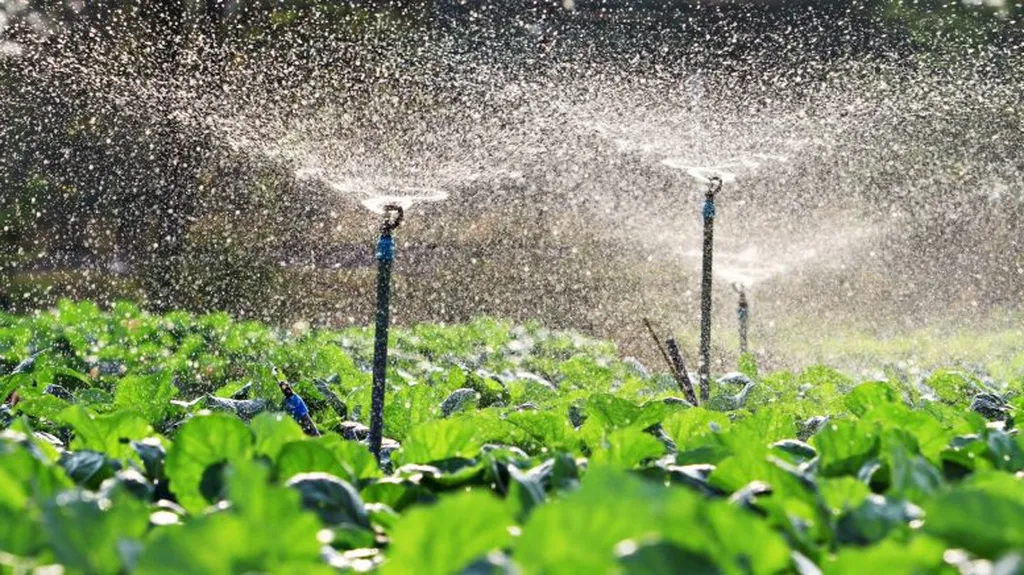In a world grappling with water scarcity and food security, a novel approach to agriculture is gaining traction: treated wastewater irrigation (WWI). A recent study published in *Agricultural Water Management* sheds light on the promise and pitfalls of this practice, particularly in Brazil, where agriculture consumes vast amounts of freshwater. The research, led by Fernando Rodrigues-Silva of the Universidade Federal de Minas Gerais, explores how WWI could revolutionize sustainable farming while highlighting the need for stricter regulations and advanced technologies to mitigate risks.
As global water demand surges due to climate change, population growth, and agricultural expansion, WWI emerges as a viable strategy for water conservation and nutrient recycling. Agriculture accounts for nearly 70% of global freshwater use, yet only 50.8% of wastewater is treated in Brazil, with WWI representing a mere 0.1% of total irrigation. The study critically assesses the potential and challenges of WWI in Brazilian agriculture by comparing global practices, regulatory frameworks, and treatment technologies.
WWI offers significant benefits, including reduced freshwater withdrawals and decreased dependence on chemical fertilizers. By recycling nutrients like nitrogen, phosphorus, and potassium, WWI can enhance soil fertility, providing a sustainable solution for farmers. “WWI can be a game-changer for agriculture, especially in water-scarce regions,” says Rodrigues-Silva. “It’s not just about conserving water; it’s about creating a closed-loop system where waste becomes a resource.”
However, the practice is not without risks. Persistent contaminants of emerging concern (CECs), such as antibiotic-resistant bacteria (ARB), resistance genes (ARGs), microplastics, and heavy metals, pose environmental and health hazards. Conventional treatment systems like UASB reactors and stabilization ponds, widely used in Brazil, are not designed to remove these contaminants efficiently. “While WWI has immense potential, we must address these challenges to ensure safety and public acceptance,” Rodrigues-Silva emphasizes.
The study also highlights regulatory gaps in low- and middle-income countries like Brazil, where only 9 of 27 states have local guidelines for wastewater reuse. The adoption of advanced technologies, such as membrane filtration, ozonation, and UV disinfection, is crucial for ensuring the safety of WWI. Additionally, the development of risk-based regulatory approaches and educational initiatives can promote informed decision-making and participatory governance.
The commercial impact of WWI on the agriculture sector could be profound. Farmers could reduce their operational costs by decreasing freshwater use and chemical fertilizer application. Moreover, the recycling of nutrients could enhance soil health and crop yields, contributing to food security. However, the initial investment in advanced treatment technologies and regulatory compliance may pose challenges for small-scale farmers.
The research suggests that by investing in technological innovation, harmonized regulation, and interdisciplinary research, WWI could evolve from a niche practice to a mainstream solution for sustainable agriculture, food security, and water resource management. “The future of agriculture lies in sustainable practices that conserve resources and protect the environment,” Rodrigues-Silva concludes. “WWI is a step in the right direction, but we must tread carefully and responsibly.”
Published in *Agricultural Water Management* and led by Fernando Rodrigues-Silva of the Universidade Federal de Minas Gerais, this study provides a comprehensive overview of the potential and challenges of WWI in Brazilian agriculture. As the world seeks sustainable solutions to water scarcity and food security, WWI offers a promising avenue, provided the necessary technological and regulatory frameworks are in place.

